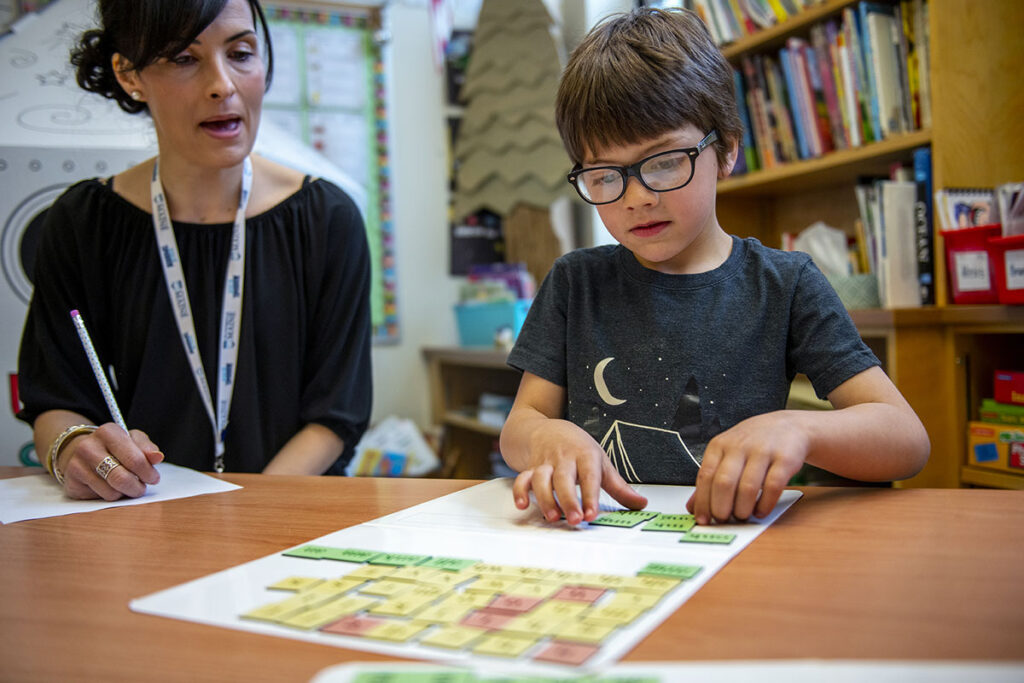Literacy Education (Ph.D.)
The Literacy Education specialization within our doctoral program in Education is designed for Ph.D. students interested in exploring the theories, traditions and research that shape and explain literacy, language and culture across varied contexts.

Program overview
The specialization in Literacy Education, part of the University of Maine’s Education Ph.D. program, focuses on theoretical research traditions, historical perspectives, and diverse epistemologies and methodologies that frame the study of literacy in varied settings, with emphasis on the distinct needs of rural areas. Through coursework, collaborative research and the opportunity to publish and present research findings, students develop the skills and strategies to answer their own questions related to literacy education. The program’s hallmarks include its selectivity, small size and close mentoring by nationally recognized faculty. Enrollment is limited to no more than 12 students, to ensure quality and close relationships with faculty. We prepare doctoral students to be literacy leaders and advocates in their communities.
Contact Us
For questions about the Education Ph.D., contact Director of Graduate and Online Programs Esther Enright, esther.enright@maine.edu.
For general queries use the Graduate School contact form below, or email coehd@maine.edu.
